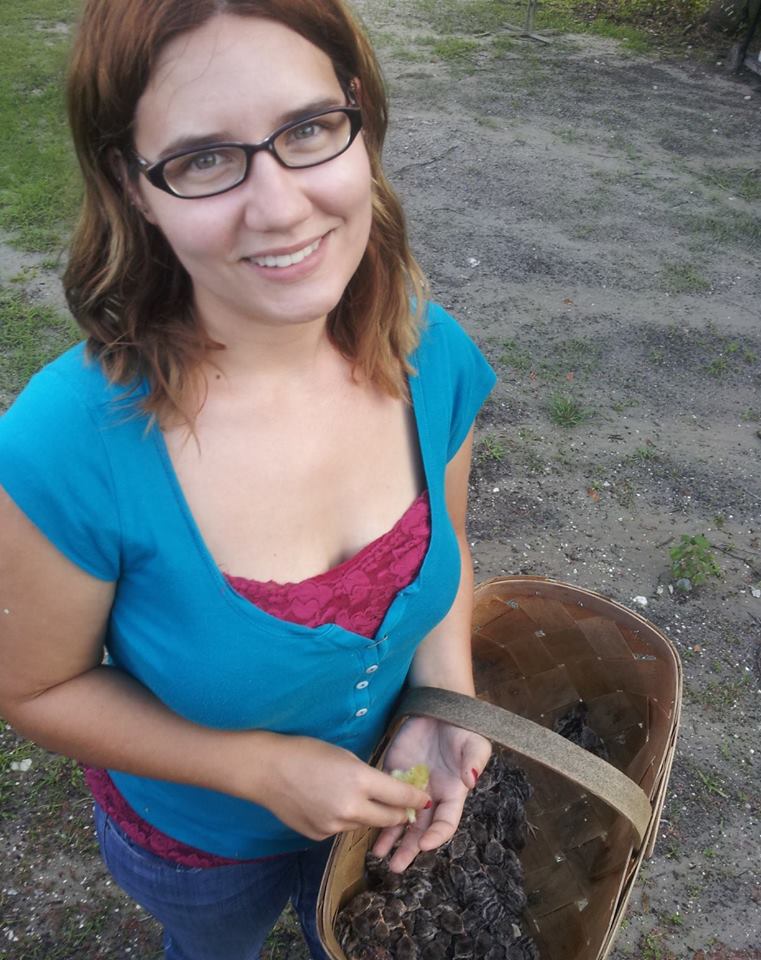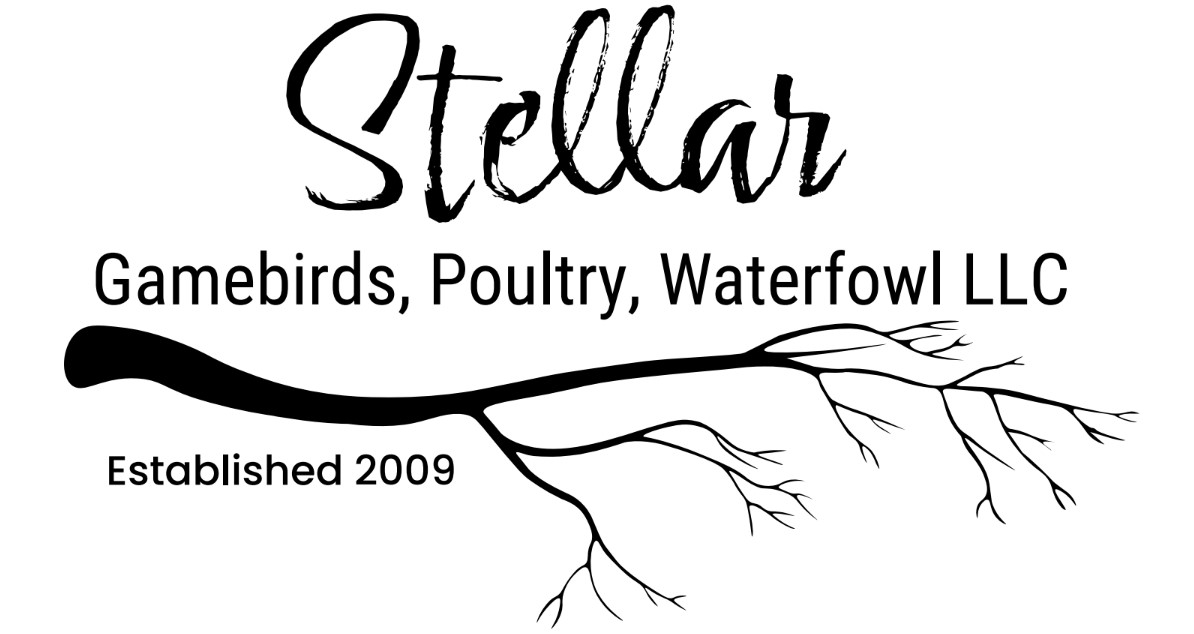Animal clubs—whether they focus on miniature dairy goats, poultry, rare breeds, or show animals—are designed to bring like-minded people together. They offer a space to share knowledge, celebrate successes, and promote responsible breeding. However, like any community, these groups are not immune to conflicts, gossip, and drama.
If you’ve spent time in any breed association, registry, or livestock club, you’ve likely witnessed disagreements over genetics, breeding ethics, show placements, or club policies. Sometimes, personal differences escalate into public disputes, social media wars, or even club divisions.
So how do we combat the drama and bring the focus back to what truly matters—the animals? Let’s explore some key strategies to navigate club dynamics while keeping your sanity intact.
1. Keep the Focus on the Mission
The best way to combat drama is to redirect energy back to the purpose of the club. Whether it’s promoting better genetics, preserving rare breeds, or providing education, every organization was created with a goal in mind.
When drama arises, remind yourself and others:
- Why did you join the club in the first place?
- What does the club contribute to the breed or species you love?
- How can you help improve the community instead of fueling negativity?
This mindset shift alone can diffuse tension and help prevent unnecessary arguments.
2. Recognize That Jealousy Breeds Drama
Let’s be honest—jealousy is often the root of club disputes. When someone wins a show, produces exceptional offspring, or gains recognition, there will always be a few people who feel threatened. Instead of celebrating success, they may spread rumors, critique pedigrees, or downplay achievements.
If you find yourself on the receiving end of this:
- Stay humble and keep working hard—your results will speak for themselves.
- Don’t engage in petty arguments—keep it professional and let your animals do the talking.
- Support and uplift others—it sets the tone for a positive community.
The best breeders and animal keepers focus on improvement, not competition.
3. Avoid Gossip & Public Call-Outs
Gossip is toxic in any organization, and social media has only made it worse. While it might be tempting to vent frustrations online, public call-outs rarely solve problems and often escalate into bigger conflicts.
Instead of airing grievances in a Facebook group or club forum, consider:
- Having a direct conversation with the person involved. Misunderstandings can often be resolved through private discussion.
- Asking a neutral third party to mediate if emotions are running high.
- Letting things go—not every issue is worth the stress.
Remember, negativity spreads like wildfire. By refusing to engage, you prevent unnecessary drama from taking over the group.
4. Encourage Open, Respectful Communication
Healthy clubs thrive on respectful debates and discussions. It’s okay to disagree—whether it’s about breeding practices, show standards, or club policies—but it should be done with professionalism.
If a conflict arises:
- Stick to the facts, not personal attacks.
- Listen before responding—sometimes there’s a misunderstanding.
- Approach issues with solutions, not just complaints.
Strong communities welcome diverse opinions but maintain a standard of civility and respect.
5. Establish Clear Rules & Expectations
For those in leadership positions, setting clear codes of conduct is essential. Whether it’s a breed club, show organization, or online group, there should be guidelines that outline:
- Acceptable vs. unacceptable behavior
- How conflicts should be handled
- Consequences for personal attacks or toxic behavior
If drama starts to surface, remind members of these expectations and enforce them consistently.
6. Focus on Education & Growth
The best way to rise above negativity is to keep learning, improving, and helping others. Instead of getting caught up in the latest Facebook feud or club controversy, invest your energy into:
- Improving your breeding program
- Educating newcomers
- Contributing to club resources or events
- Helping others succeed
A true mentor leads by example and contributes positively to the community.
7. Know When to Step Away
Sometimes, despite your best efforts, certain groups become toxic beyond repair. If you find yourself constantly stressed, frustrated, or caught in unnecessary drama, it may be time to step back.
- Focus on your own farm, flock, or herd—you don’t need a club’s approval to keep doing what you love.
- Surround yourself with like-minded, supportive people who share your values.
- Start your own group or initiative if you feel a need for a more positive community.
Your mental health and passion for animals should always come first.
Final Thoughts: Animals Don’t Care About Drama—So Why Should We?
At the end of the day, your goats, quail, poultry, or livestock don’t care about club politics. They just need good care, ethical breeding, and responsible owners.
If we can put egos aside and focus on what truly matters—the well-being of the animals— the entire community benefits. So the next time drama surfaces, remember:
- Stay focused on your goals.
- Avoid unnecessary conflict.
- Lead by example and help others grow.
The best breeders, farmers, and animal lovers don’t chase drama. They chase excellence.







